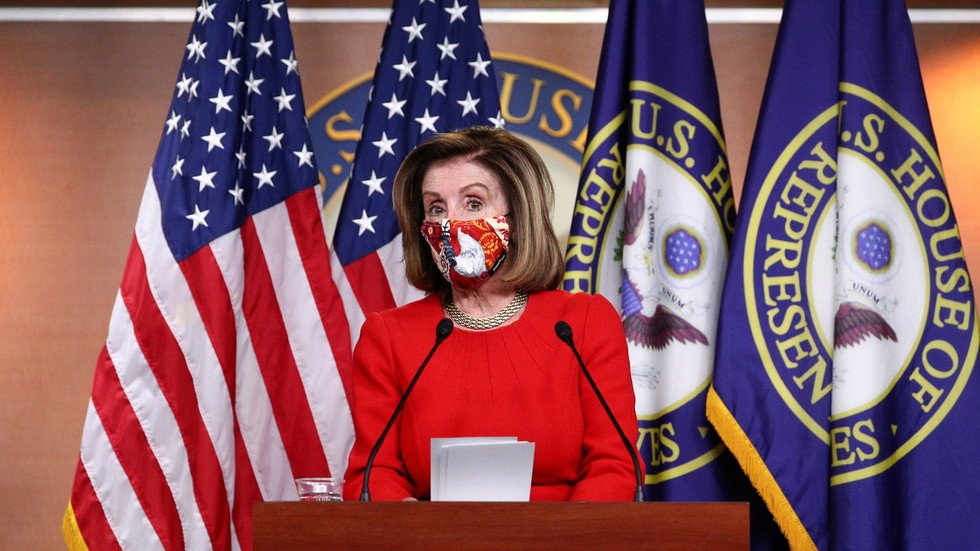Just out of curiosity (I am not American, so this doesn't affect me at all): how would you justify this payment from an American taxpayer perspective? Why would it help the US in any way, especially if the recipients of the subsidies are living abroad? And further: if it is a good thing: why should it be limited to USD 1'200, why not let's say USD 5'000? And why should it be limited to COVID, why not establish it as a regular, monthly payment?
It’s ‘OK now...we have a new president’: Pelosi willing to make smaller Covid-19 relief deal, is accused of having played politics
House Speaker Nancy Pelosi is being accused of having spent months blocking Covid-19 relief to help Joe Biden and hurt Donald Trump, after she said a smaller bill is now possible thanks to a lack of “other considerations.”www.rt.com
"The new bipartisan bill being negotiated reportedly includes funding for liability protections and support for businesses and an extension of unemployment aid. It does not, however, include direct payments to citizens as the first round of stimulus did."
As heartily as I dislike Trump, he did at least do his best to get us all another $1200, but Pelosi has apparently decided we don't need that. Whatever happened to the Democrats being the party of the people?
What you kind of disclose is a planero mentality: you hand me out a plan, a regalito, and I give you my vote (not to say that you voted for Trump, but at least you factor this in)

